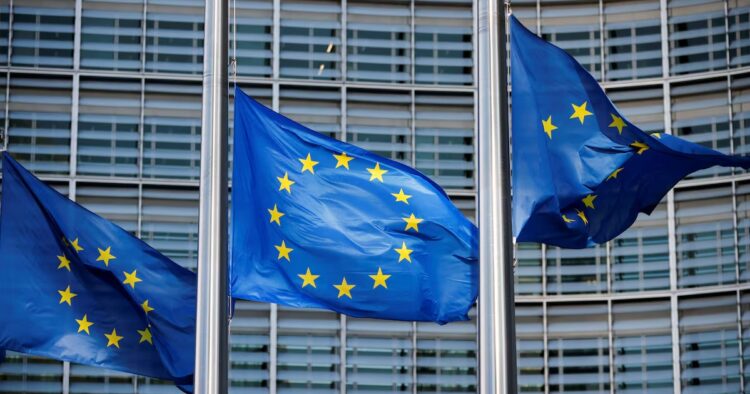European Union leaders are set to convene on Thursday to discuss a proposal aimed at supporting Ukraine in its conflict with Russia. The plan involves utilizing billions of euros in profits from frozen Russian financial assets to purchase arms for Ukraine, as the country faces an ongoing invasion by Russian forces.
The proposal reflects a broader concern among EU members about the escalating conflict and the need to bolster Ukraine’s defense capabilities. The EU’s 27 national leaders will also deliberate on strategies to enhance Europe’s own defense and strengthen its arms industry, amid uncertainties about the reliability of traditional alliances, particularly with the United States.
Charles Michel, the president of the European Council, emphasized the urgency of the situation, describing it as the most significant security threat to Europe since World War II. He urged for decisive action to ensure the EU is adequately prepared for defense and to transition its economy into a state of readiness akin to a wartime footing.
The two-day summit, scheduled to commence in Brussels on Thursday, will cover various topics including the conflict in Gaza, potential membership talks with Bosnia, and agricultural issues such as farmers’ protests. However, the situation in Ukraine will take center stage, with Ukrainian President Volodymyr Zelenskiy participating in the discussions via video link.
EU leaders have expressed growing concern over the deteriorating situation in Ukraine, where Ukrainian forces are facing severe shortages of ammunition in their struggle against Russian troops. Additionally, a $60 billion military aid package for Ukraine remains stalled in the U.S. Congress, further underscoring the need for EU support.
The European Commission has proposed redirecting profits from frozen Russian assets in Europe, estimated to be between 2.5 billion euros and 3 billion euros annually, towards financing arms purchases for Ukraine. However, Russia has condemned the plan, labeling it as “banditism and theft.”
While the proposal enjoys broad support among EU governments, there are differing opinions on allocating the funds specifically for weapons purchases. Hungarian Prime Minister Viktor Orban, known for his close ties to Moscow, has voiced opposition to arming Ukraine, raising questions about the unanimity of the decision.
Another point of contention among EU members is the method of financing increased defense spending. While some, like French President Emmanuel Macron, endorse the idea of European defense bonds proposed by Estonian Prime Minister Kaja Kallas, others, including Germany, Austria, the Netherlands, and Sweden, are more cautious.
In addition to the conflict in Ukraine, EU leaders will grapple with crafting a balanced statement regarding the war in Gaza, aiming to satisfy diverse perspectives within the bloc, including those supportive of Israel and those advocating for Palestinian rights. Diplomats acknowledge the delicate nature of the discussions, hoping to maintain cohesion despite differing viewpoints among member states.

















Comments